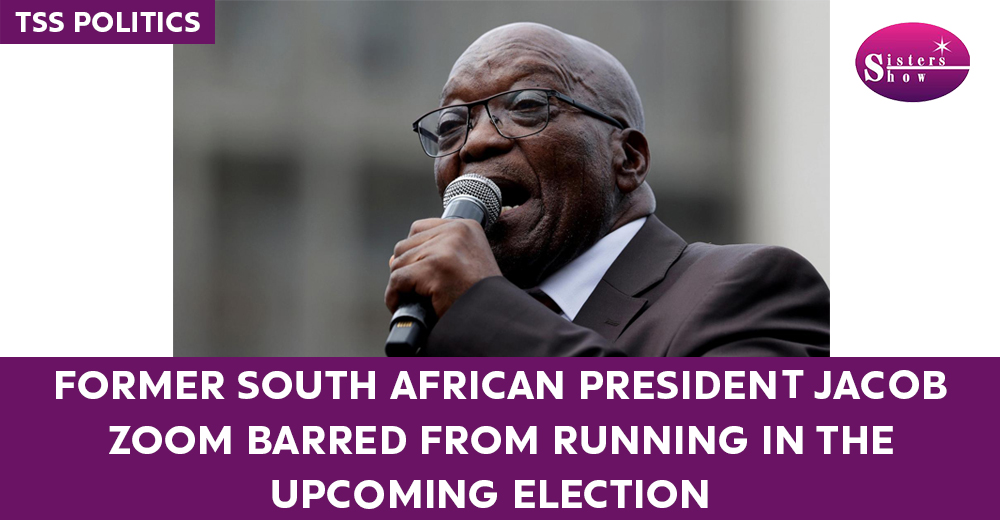
Former South African President Jacob Zuma barred from running in the upcoming election
In recent developments shaping South Africa’s political landscape, former President Jacob Zuma’s disqualification from contesting in the upcoming elections has stirred significant intrigue. The decision by the Election Commission to bar Zuma, attributed to his 2021 conviction and imprisonment, has spotlighted the evolving power dynamics within the African National Congress (ANC) and the emergence of his uMkhonto we Sizwe (MK) party as a formidable contender.
The ANC, entrenched in South African politics since its triumph over apartheid in 1994, has historically maintained a dominant position. However, its grip on power has faced challenges in recent years, with declining popularity but still managing to secure over 50% of the national vote in successive elections. Jacob Zuma’s MK party, with its roots in the liberation struggle against apartheid, presents a credible threat to the ANC’s longstanding supremacy.
Recent polling data indicates a shifting landscape, with the ANC’s support dwindling to 41% nationally, while the MK party garners 11%. Notably, in Zuma’s home province of KwaZulu-Natal, the MK party has gained substantial traction, with over 60% of voters favoring it over the ANC. However, Zuma’s disqualification throws a curveball into the electoral equation, prompting speculation about its impact on the political landscape.
The MK party, led by Zuma, has vowed to challenge the Election Commission’s decision through appeal, signaling a determination to contest the elections and challenge the ANC’s hegemony. Despite previous attempts by the ANC to thwart the MK party’s participation, Zuma’s resolve remains undeterred, underscoring the intensity of the rivalry between the two factions.
Jacob Zuma’s political trajectory is rife with controversy and intrigue. From his youth as an anti-apartheid activist to serving as South Africa’s fourth president, Zuma’s tenure was marred by allegations of corruption and scandals. His association with the influential Gupta family and subsequent arrest and imprisonment in 2021 further heightened political tensions, leading to riots and unrest.
The founding of the MK party in December 2023 marked a significant turning point, with Zuma positioning himself as the torchbearer of the anti-apartheid movement’s revolutionary legacy. Despite his suspension from the ANC, Zuma’s influence remains palpable, challenging the party’s leadership and rallying support for his new political venture.
As South Africa braces for the upcoming elections, the exclusion of Jacob Zuma from the ballot raises questions about the future trajectory of the country’s politics. Will the ANC maintain its dominance, or will the MK party emerge as a viable alternative? The answer remains elusive, but one thing is certain: the political landscape of South Africa is undergoing a profound transformation, with far-reaching implications for its future direction.




